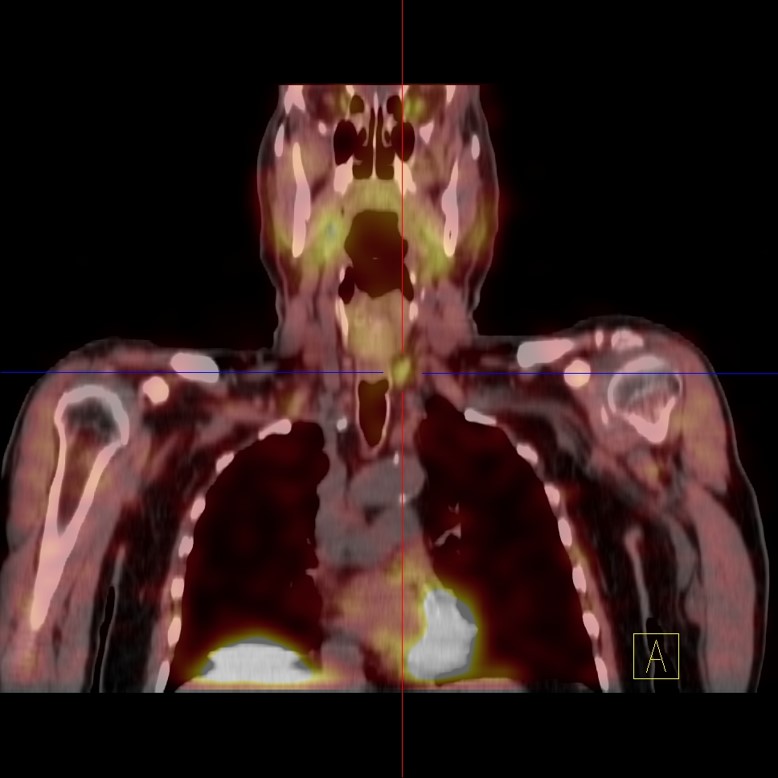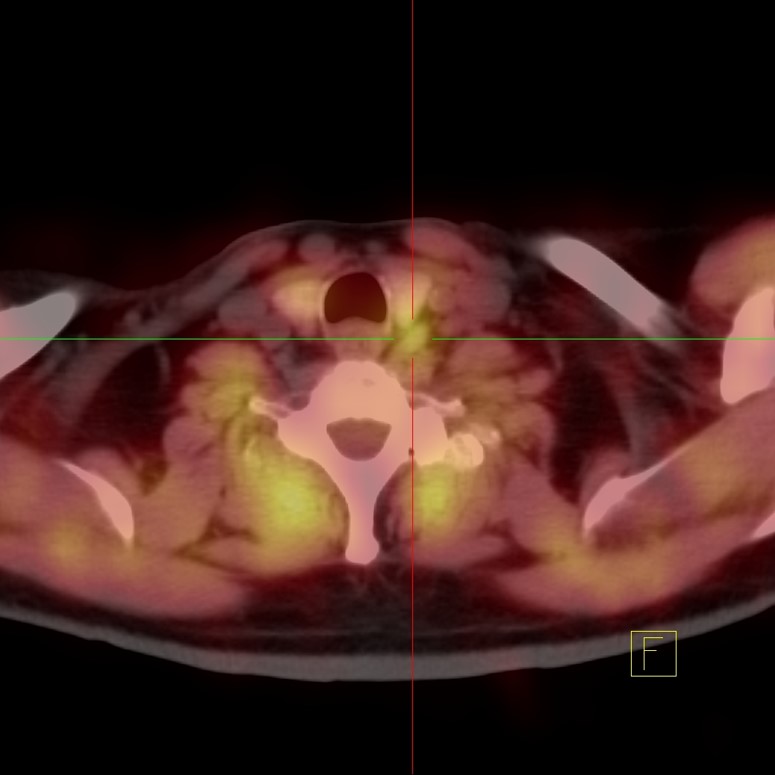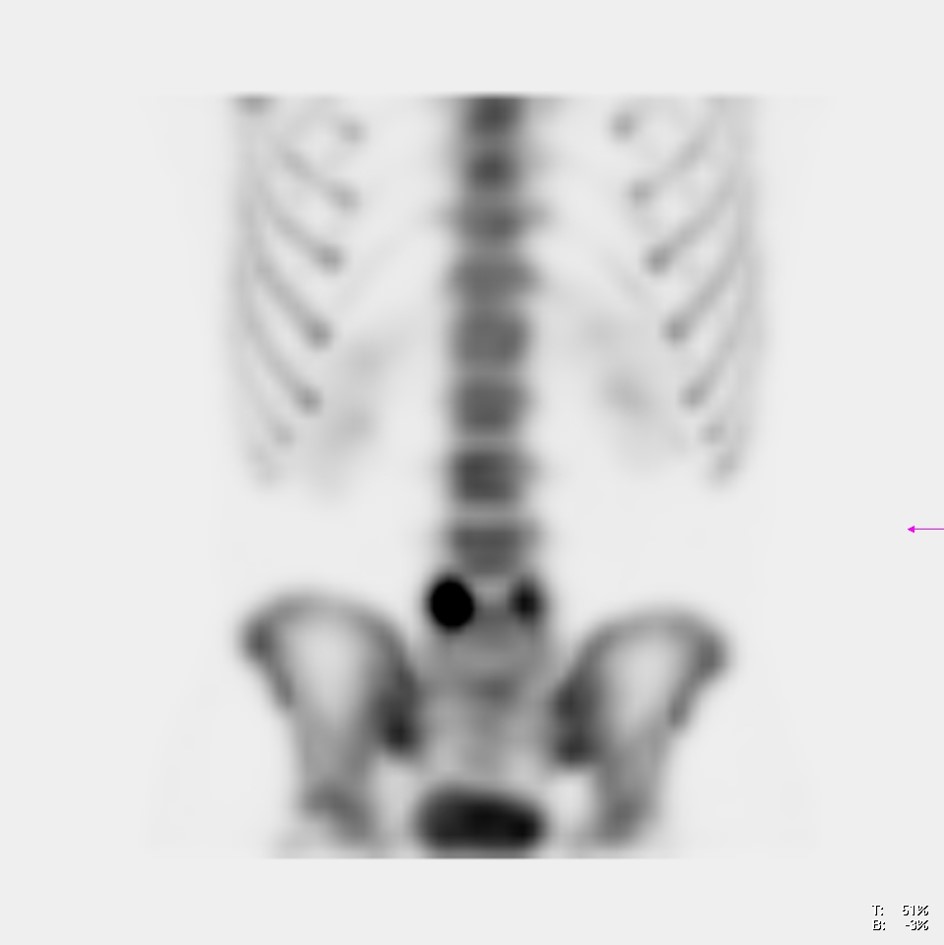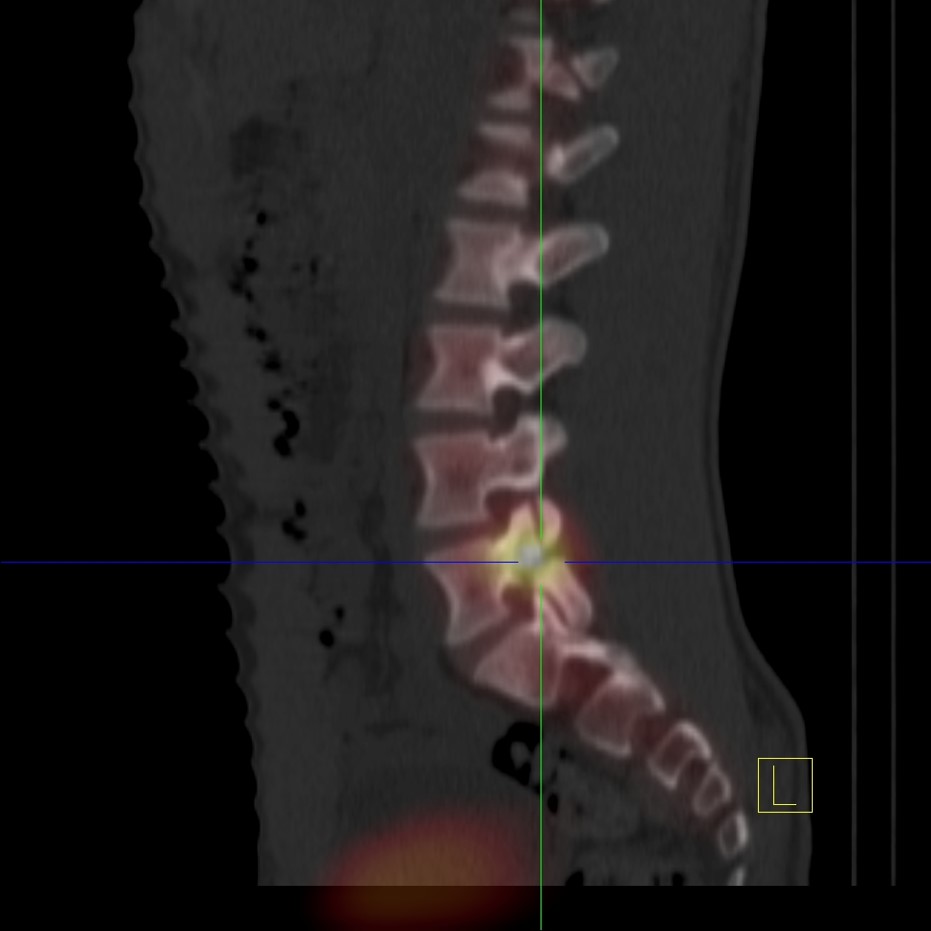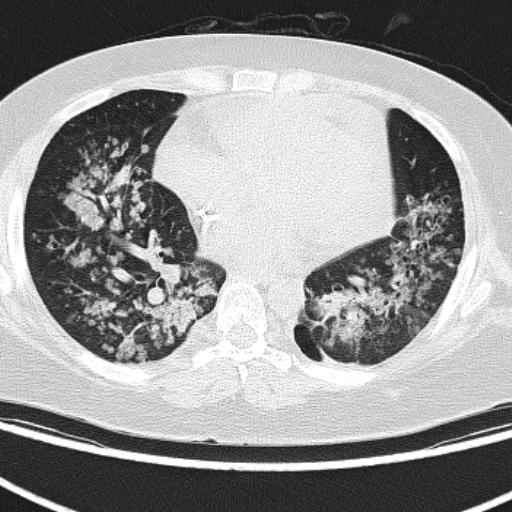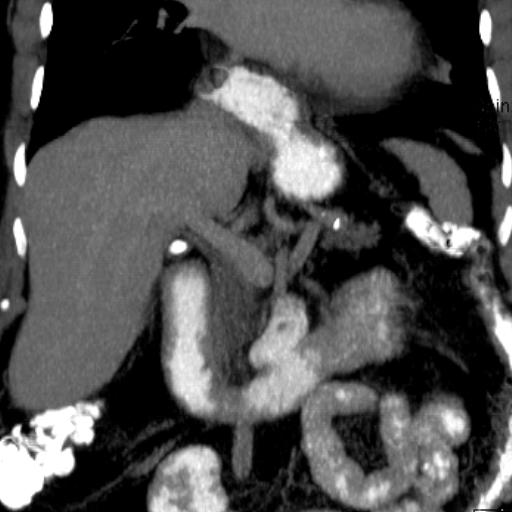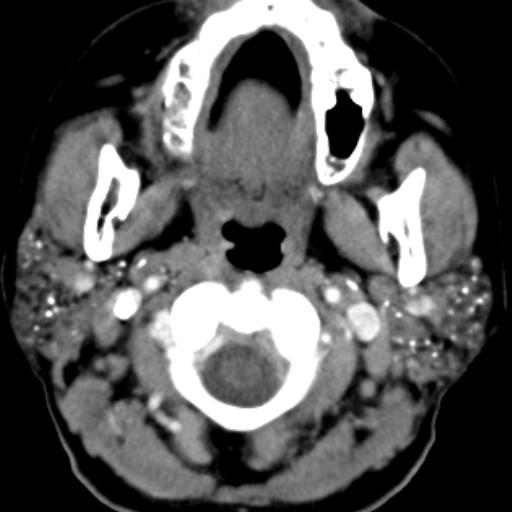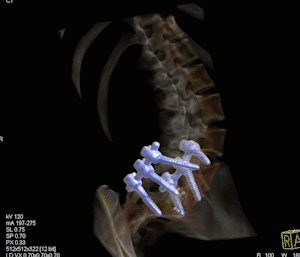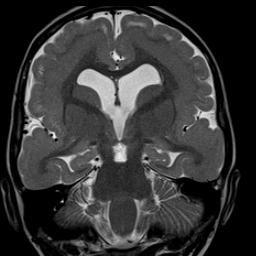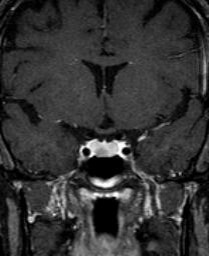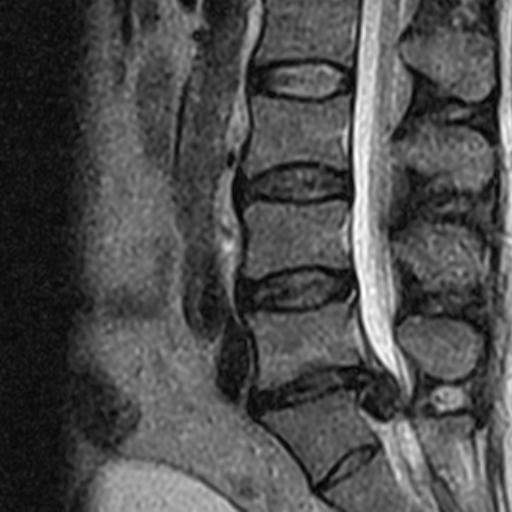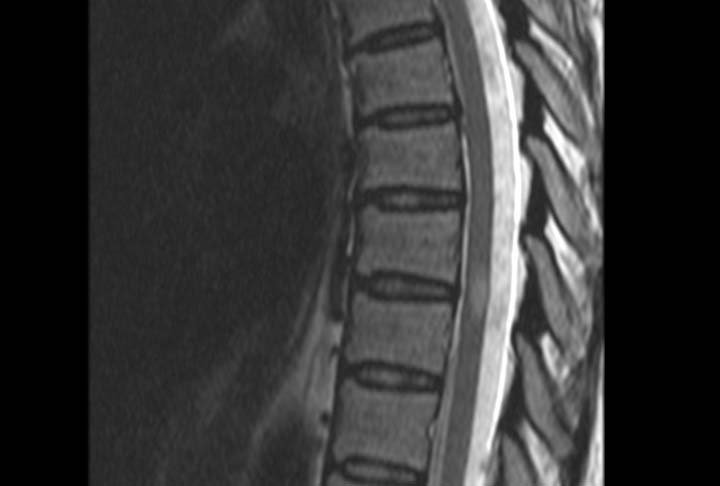Originally published on NOTICENTRO 4 – TU SALUD, February 19, 2014
CT Coronary Calcium Scoring (CCS):
Non-invasive study predicts likelihood of heart attack
by Dr. Fernando Zalduondo Dubner
Medical Director, San Patricio MEDFLIX,, Guaynabo
- San Patricio MEDFLIX routinely adds a CT CCS to the Myocardial Perfusion Imaging (MPI) test at no additional cost to the MPI as well as state-of-the-art medical heart care centers worldwide. CCS adds certainty to MPI results.
- To our knowledge, San Patricio MEDFLIX is the only facility in Puerto Rico performing this combination routinely for several years now. If performed independently of the MPI, a CCS costs $500. Any patient undergoing a MPI who has not been operated on may benefit from a CCS at no additional cost at MEDFLIX.
- Dr. Carlos Jimenez Marchan, a specialist in nuclear medicine, sports medicine and internal medicine is in charge of interpreting these studies as well as the rest of the nuclear medicine studies, including PET-CT scans and DEXA, at San Patricio MEDFLIX.
- A CCS can be performed independently of the MPI as a screening study. A CCS is not covered by the medical plans in Puerto Rico even though it provides very valuable information in a non-invasive way for each individual.
- Encouraging access to the CCS test, please contact our staff for an appointment at a very special price until further notice.
The disease of the coronary arteries that supply the myocardium or heart muscle is one of the main reasons for mortality and morbidity both in Puerto Rico and in other parts of the world. Although the definitive study to evaluate this disease par excellence continues to be cardiac catheterization, it is invasive, requires the injection of a contrast medium directly into the artery, a recovery period and inactivity, and subjects the patient to a series of risks. There are a variety of non-invasive diagnostic tests such as: the Cardiac Perfusion Nuclear Medicine (MPI) test performed with the Sestamibi tracer, the CT Coronary Calcium Scoring (CCS) and the coronary computerized angiotomography (CCTA) to determine if the patient needs to undergo a conventional catheterization. All these alternatives are available at San Patricio MEDFLIX where distinguished sub-specialist physicians are in charge of their performance and interpretation.
Myocardial Perfusion Imaging (MPI) with Sestamibi
This nuclear medicine test with the intravenous radiopharmaceutical Sestamibi, known as MPI, is often ordered by cardiologists and other physicians to assist in the decision to perform or not perform a cardiac catheterization in various clinical settings. The study can prevent unnecessary catheterizations. The MPI generates an image that represents a map of the heart muscle differentiating healthy regions from diseased regions at risk of infarction. During an MPI, the patient is studied at rest and during exercise on a pulley under medical supervision. However, the results of the MPI can sometimes be challenging to interpret due to some limitations of the test in some patients.
San Patricio MEDFLIX has the facilities to perform this study. Any cardiologist is welcome to perform and supervise the stress or exercise testing of these studies on their patients at the MEDFLIX facility.
CT Coronary Calcium Scoring (CCS)
The CCS radiology test, performed on a spiral CT scanner, synchronizes the acquisition of images of the coronary arteries with the particular heartbeat of each patient. The test quantifies calcified deposits of arteriosclerosis in the wall of the main arteries of the heart. See Image 1A and 1B. The results of this study using a numerical score predict the future risk of heart attack within the next two to five years. See Figure 2. The result of this study is more accurate than the risk factors for heart attacks traditionally considered such as high blood pressure, diabetes, high cholesterol and triglycerides, smoking, sedentary lifestyle, and family history of heart disease.
The CCS radiology test can be performed independently of the MPI nuclear test although it is surprisingly not yet covered by local medical plans. Because it is a screening test, it is not performed on patients previously diagnosed with coronary disease such as those treated with angioplasty with stents or those undergoing bypass surgery (by-pass grafts/CABG). San Patricio MEDFLIX has the most extensive experience in these studies.
San Patricio MEDFLIX, as well as centers of excellence in heart disease management in the United States and Europe routinely combine MPI with CCS substantially increasing the accuracy of MPI test results. MEDFLIX, has performed this state-of-the-art combination of non-invasive studies for the past two years, with the CCS being free of charge to patients having their RIM performed by their physician, provided it is not contraindicated. The purpose of adding the CT CCS is to improve the diagnostic performance of the MPI. The combined reading of both tests will strengthen the determination to perform a cardiac catheterization or not.
Image 1A. CCS demonstrates calcified plaques in the left descending coranary artery (LAD) that look like a white line from a string of beads.
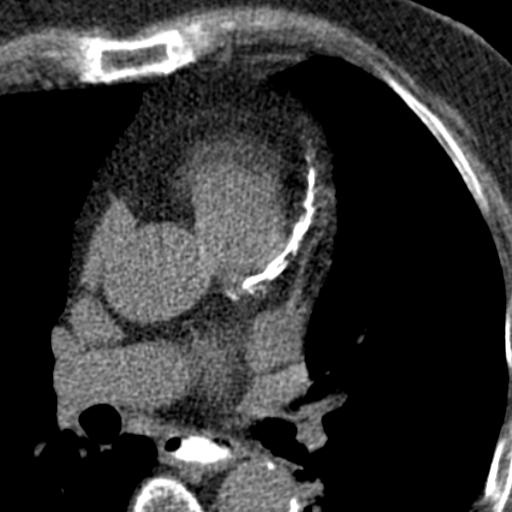
Image 1B. CCS shows calcified plaques on right coranary artery and circumflex that look like white spots.
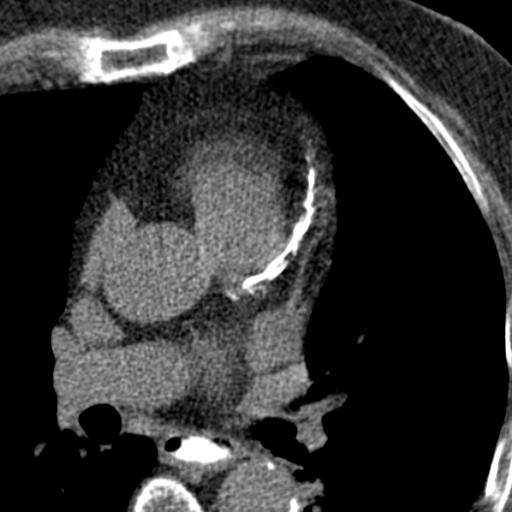
Image 2. CCS. Example of table with markedly elevated score in a patient with calcified plaques in all major arteries.
Leyend:
LM = left main coronary artery
LAD = left anterior descending coronary artery
CX = circumflex coronary artery
RCA = right coronary artery
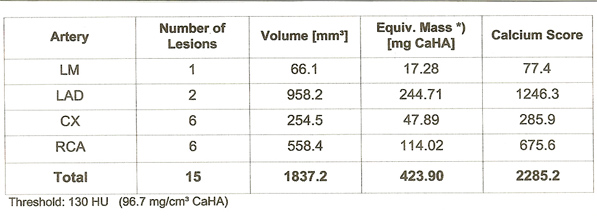
Stratification of CCS scores. We worry when the number is greater than 100:
- No identifiable calcification 0
- Minimal identifiable calcification 1-10
- Mild calcification 11-100
- Moderate calcification 101-400
- Significant calcification 401 and above
Coronary CT Angiography (CCTA)
A CCTA allows both calcified and uncalcified plates to be displayed. This test performed in our Siemens CT scanner with two X-ray tubes requires less radiation dose and achieves consistently higher images than those produced by other CT scanners. The study can avoid unnecessary catheterization.
Prior to the injection of intravenous contrast, a CCS is performed to determine if the contrast part is appropriate or if a cardiac catheterization is recommended by the cardiologist instead. When the CCS exceeds 400, the results of the CCTA will be unreliable and the patient will need to be catheterized to determine if he or she will benefit from surgery or angioplasty with stenting.
When a CCTA is negative or slightly positive, the patient avoids having to undergo a conventional cardiac catheterization. This means that CCTA has an extremely high negative predictive value. When it is negative, we can be confident that a cardiac catheterization would actually be negative as well.
CCTA is covered by most medical plans in Puerto Rico although not as a screening study for everyone. At San Patricio MEDFLIX, this study is interpreted by Dr. Frances Aulet Morales, radiologist with a subspecialty in cardiovascular radiology, also in charge of that same division at the San Juan Veterans Hospital.


